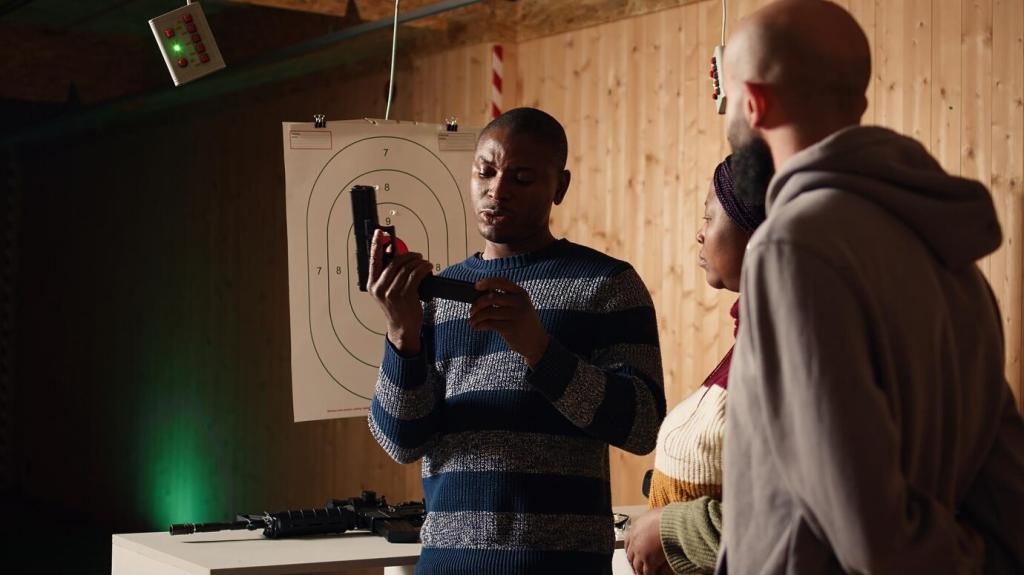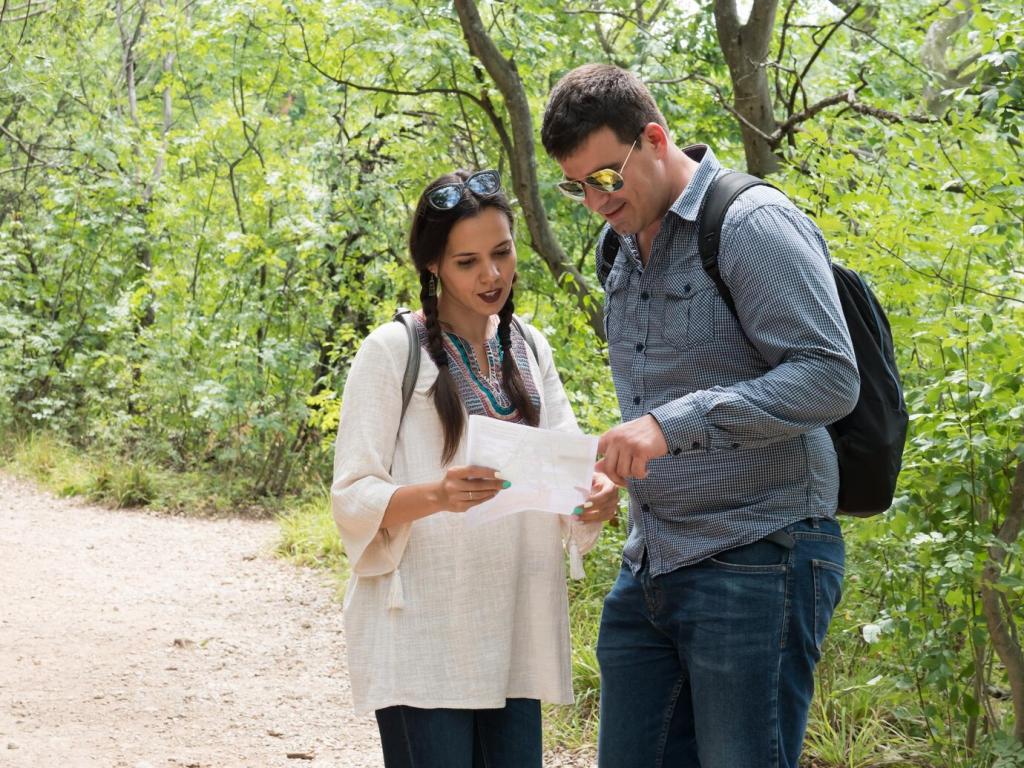Practical Exercises You Can Try Today
In ten minutes, rotate roles and speak from another stakeholder’s viewpoint about a real challenge. Set guardrails for respect, and ask observers to note language shifts and assumptions. Share what you discovered about perspective in the comments and invite colleagues to try it next week.
Practical Exercises You Can Try Today
Before decisions—hiring, promotion, design—run through a short checklist: whose voices are missing, what assumptions drive our choice, and how will we validate fairness. Keep it on a note card for quick use. Subscribe to receive a printable template and prompts for your next review.






